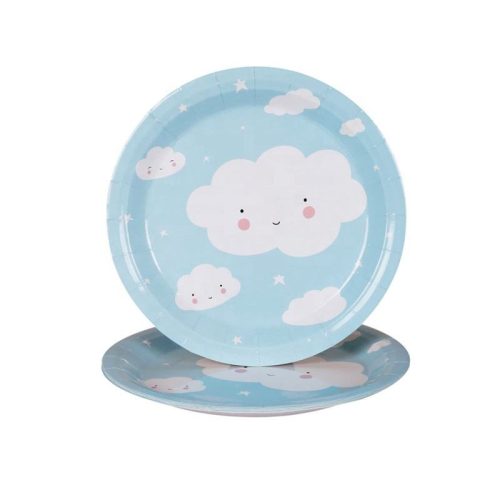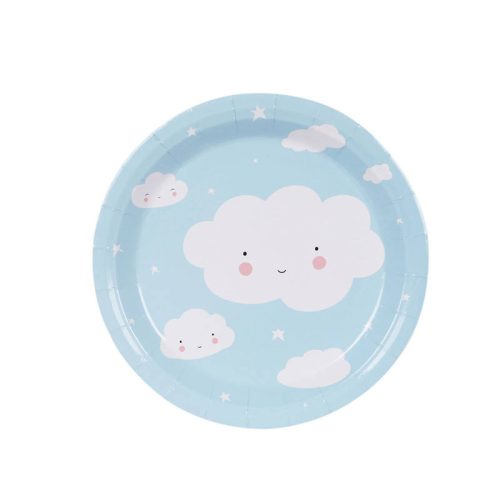While paper plates are typically designed for single-use, some paper plates can be recycled if they meet certain criteria and if recycling facilities are available in your area. Here are some best practices for recycling paper plates:
- Check Local Recycling Guidelines: Start by checking the recycling guidelines specific to your local area. Recycling programs and facilities vary by region, and not all programs accept paper plates. Look for information provided by your municipality or waste management authority to determine if paper plates are accepted for recycling.
- Remove Food Residue: Before recycling, make sure to scrape off any remaining food particles or residue from the paper plates. Clean plates have a higher chance of being accepted for recycling.
- Separate Non-Recyclable Elements: If your paper plates have non-recyclable elements, such as plastic or wax coatings, separate those parts from the paper. For example, if the plate has a plastic coating, peel it off and discard it separately. Only include the paper portion in the recycling bin.
- Flatten or Cut Plates: Flatten or cut the paper plates to reduce their bulkiness and make them easier to handle during the recycling process. This allows for more efficient storage and transportation in recycling bins.
- Check for Recycling Symbols: Look for recycling symbols or logos on the paper plates. These symbols indicate that the plates are designed to be recycled and may help recycling facilities identify and process them correctly.
- Recycle with Paper Products: Place the clean, flattened or cut paper plates in the recycling bin designated for paper products. If there are specific instructions for paper recycling in your area, follow those guidelines to ensure proper recycling.
- Follow Local Regulations: Adhere to any specific rules or regulations provided by your local recycling program. Some programs may have additional requirements or restrictions for recycling paper plates, such as separating them from other types of paper products.
It’s important to note that not all paper plates are recyclable, especially those with heavy wax or plastic coatings. In such cases, it’s best to dispose of them in regular trash or consider composting if the plates are compostable. Always prioritize recycling options that align with your local recycling guidelines and practices to promote proper waste management and environmental sustainability.


